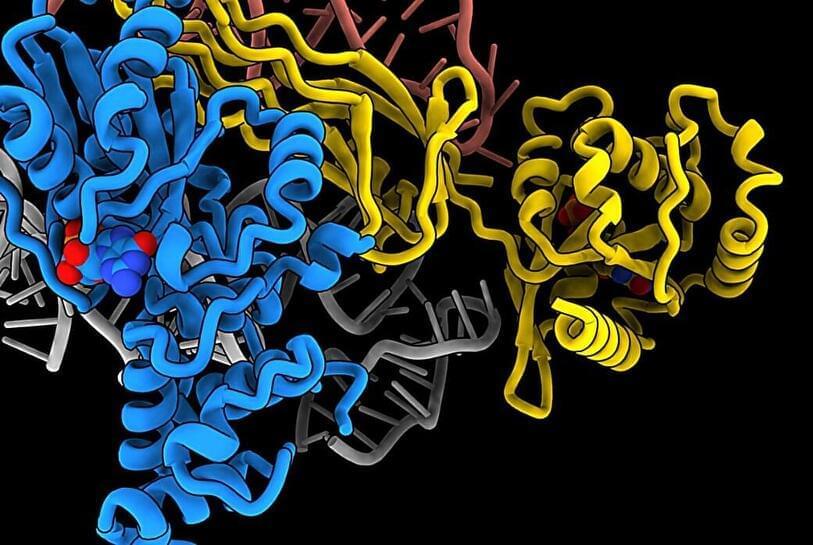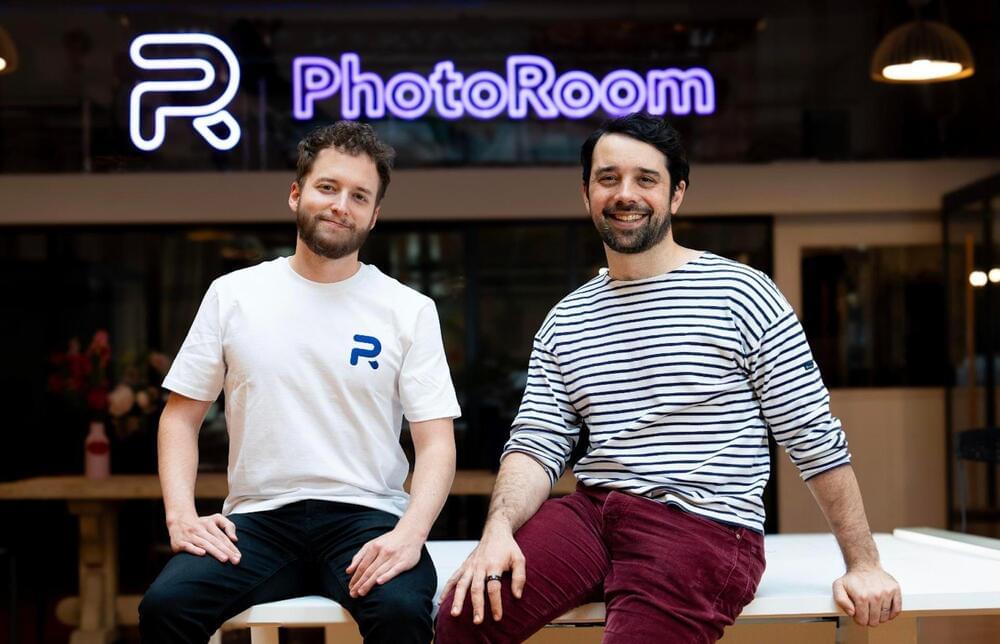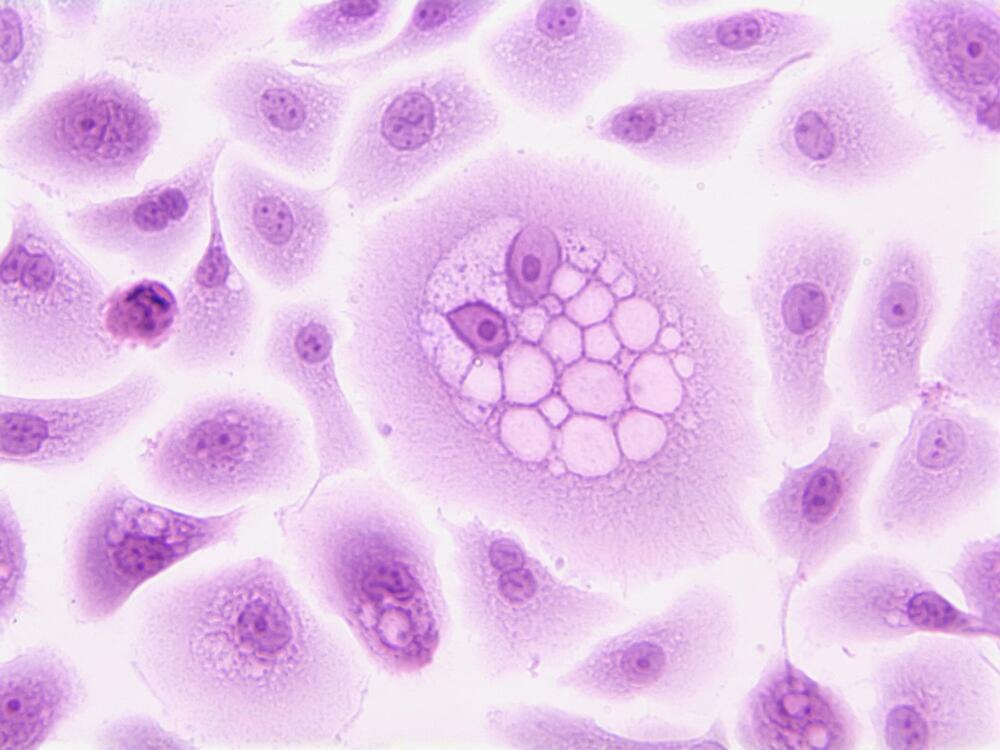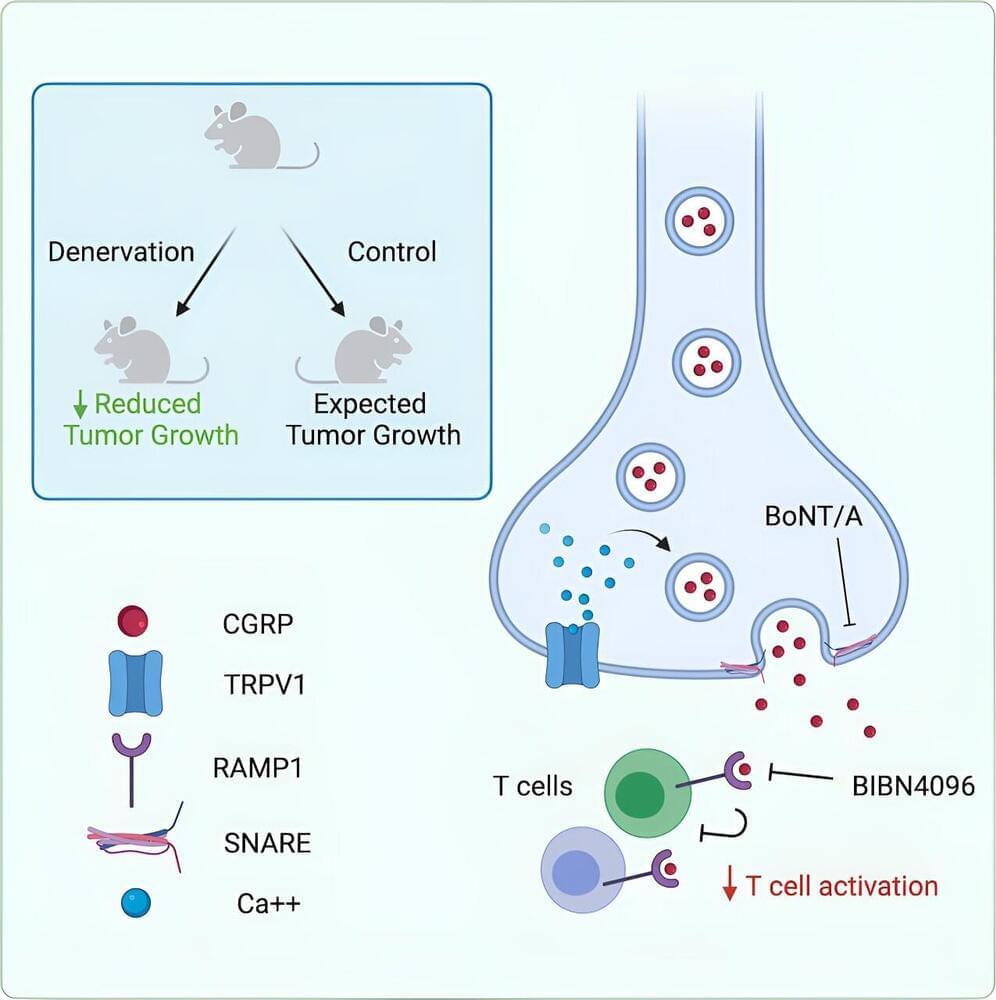Feb 28, 2024
Multiple Sclerosis Diagnostics/Genetic Scoring Could Expedite Sight-Saving Treatment
Posted by Shubham Ghosh Roy in categories: biotech/medical, genetics, neuroscience
The results of research led by scientists at the University of Exeter, and at King’s College London, suggests that young people could be spared from going blind by a new genetic risk tool that could also help predict patients who will progress to multiple sclerosis (MS) earlier, and get treatment started earlier. The study has shown for the first time that combining genetic risk for MS with demographic factors significantly improves MS risk prediction in people presenting with the eye disorder, which is called optic neuritis (ON).
Tasanee Braithwaite, MD, consultant ophthalmologist to the Medical Eye Unit at Guy’s and St Thomas NHS Foundation Trust, and adjunct senior lecturer at King’s College London said, “As a doctor caring for many patients with optic neuritis, I’m excited by the possibility of translating this pilot research into front line clinical care in the near future. Whilst more research is needed, our study provides a strong signal that we could better identify patients at high risk of MS, perhaps enabling these people to have earlier MS treatment in the future. Whereas, if we could better identify people whose optic neuritis is very unlikely to result from MS, we could treat these people urgently to reduce irreversible vision loss and blindness.”
Braithwaite is senior author of the team’s published paper in Nature Communications, titled “Applying a genetic risk score model to enhance prediction of future multiple sclerosis diagnosis at first presentation with optic neuritis,” in which they concluded, “This study indicates that a combined model might enhance individual MS risk stratification, paving the way for precision-based ON treatment and earlier MS disease-modifying therapy.”


















